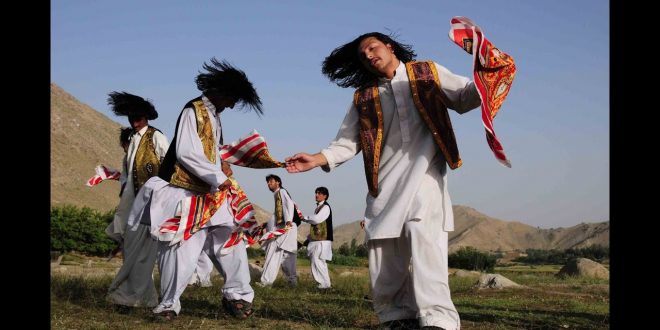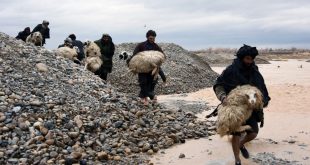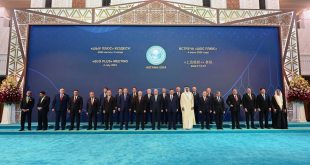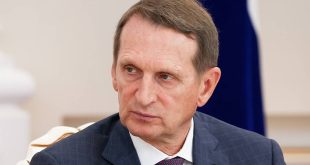By Wali Muhammad Alizai
Every year Pashtuns celebrate ‘Pashtun Culture Day’ on 23rd of September across PashtunKhwa and in various cities of Pakistan. This day was so designated as ‘Culture Day’ during “World Pashto Conference” in 2015, organized by Pashto Academy, Quetta.
Pashto Academy’s President Syed Khair Muhammad Arif, Muhammad Masoom Hotak from Canada, Wali Muhammad Achakzai from Germany, Ghafoor Lewal and Habibullah Rafi from Afghanistan, Professor Dr. Fazal Rahim Marwat, Vice Chancellor of Bacha Khan University Charsadda and many other prominent Pashto literary personalities from various parts of the world participated in aforementioned conference.
Culture that consists of shared language, values, beliefs, rituals, art, literature, clothing, architecture music, etc., distinguishes a nation from other nations. It has been categorized further in material and non-material culture. Further, it varies with time and space, and necessity.
Pashtun nationalists view as a Pakistan federation of five nations and fear that the constituent nations, Pashtun, Baloch, Sindhi, Saraiki and Punjabi, are being deculturalized in order to fabricate and form one nation within the country. They emphasize Pashto to be medium of education and governmental institutions in PashtunKhwa.
To counter the colonial measures of acculturation, Pashtun nationalist politicians and intelligentsia announced celebrating Pashtun Culture Day every year on 23rd September to revive the sentiments of Pashtun nationalism in the common Pashtuns.
Across PashtunKhwa, and in Karachi and Lahore, Pashtuns have celebrated Pashtun Culture Day enthusiastically this year on the marked day like previous years. Pashto Academy Quetta celebrated the day in Khan Shaheed Auditorium; PashtunKhwa Students Organization and Pashtun Students Federation jointly arranged Attan—Pashtun cultural dance— program at Quetta University; Awami National Party observed the day rallying to Quetta Press Club and performed Attan in front of press club; Pashtun Lawyers marked the day in Kachehri.
Main ceremony was solemnized in Metropolitan by PashtunKhwa Mill Awami Party (PMAP). Various cultural stalls were staged in the ground, in which Pashtuns’ cultural clothing, ancient pots, armament, musical instruments, Pashto books and Khan Shaheed’s portraits were exhibited.
Time to time, youth were performing Attan in cultural dress along with Lungee— turban. Pashtun traditional wrestling— Ghaizhee— was contested between two teams, Kozhak and Bolan. Previously, traditional wrestling would be contested under the titles of Durrani and Khalji confederacies.
As per the schedule, the program turned into a political assembly in the afternoon. PMAP Chairman Mahmood Khan Achakzai awarded the wrestlers with Lungees; afterwards, he addressed the audience, who were waiting eagerly to listen to him on local and regional contemporary political arena.
“Ghaizhee (wrestling), Mr. Achakzai urged, ought not to be contested under the titles of Khalji and Durrani confederacies, rather it should be contested among regions.”
Contesting under the titles of tribal confederations usually escalates hatred and malignancy, sometimes resulting feud.
He called on the Taliban for immediate ceasefire and intra-Afghan peace talks with Afghan government. He added that hundred of Afghans were killed in everyday infighting among Afghan government and Taliban.
PMAP Chairman asked the international community for mediation in Afghan war and putting an end to the ongoing proxy war, as international community was indebted to Afghans, imposing war on Afghanistan and abandoning them fighting with each other After the Soviet troops withdrawal.
Mahmood Khan Achakzai warned to stop infiltration in Afghanistan, otherwise the whole region would burn in the flames of war, and they would resist intervention if not stopped. He further added that the region’s peace was linked with the peace of Afghanistan.
Celebrating culture day doesn’t aim dressed in cultural clothing, but it reminds the sensation of belonging to the respective nation. It brings the individuals of the nation closer, helps to create unity among them and makes them aware of the diversity within the culture.
 Afghanistan Times
Afghanistan Times




